In a first, Israeli plane flies over Saudi airspace to non-Persian-Gulf destination
In a first, an Israeli commercial flight flew over Saudi Arabia's airspace to a non-Persian Gulf destination since Riyadh opened its skies to all air carriers, including Israeli ones, last month.
The flight operated by the second-largest Israeli airline Arkia departed Ben Gurion Airport after 1:15 a.m. local time on Tuesday (2215 GMT Monday) and was scheduled to land in the Republic of Seychelles off the coast of East Africa six hours later.
Israeli media outlets reported that the new route shortened the duration of the flight by 20 minutes.
“Tonight, an Arkia plane will become the first Israeli licensed plane to fly over Saudi Arabia — not to Dubai, but to the Seychelles. The route will go through Jordan in the area of the Dead Sea and turn left to Petra, continuing along Saudi Arabia’s Red Sea shores," Arkia’s chief pilot Din Gal said in a statement ahead of the flight.
"From there, it will continue on its regular route through Eritrea…We soon hope to see shorter flights to India and Sri Lanka."
The development comes hours after Lebanon’s Arabic-language al-Mayadeen television news network, citing Israeli media reports, said an Israeli administrative plane (T7-WZZ), in service of Shino Aviation, had landed in the Saudi capital of Riyadh.
According to the Israeli Kan channel, an Israeli aircraft landed a short while ago in #Riyadh. #SaudiArabia has been denying any reports regarding normalizing ties with the Israeli occupation. If this is not normalization; then what is? pic.twitter.com/Es9MuBNa9Z
— Al Mayadeen English (@MayadeenEnglish) August 22, 2022
The Saudi regime in November 2020 granted permission for Israeli airlines to use its airspace for flights to and from the UAE and Bahrain, in a move seen as a precursor of the formalization of ties between the two sides.
But that authorization was not extended to flights departing and arriving at other destinations until last month as part of a multilateral agreement to transfer control of a pair of Red Sea islands from Egypt to Saudi Arabia that was brokered by the Biden administration.
In mid-July, Saudi Arabia, in an apparent gesture of openness towards Israel, announced that it was lifting restrictions on “all carriers” using its airspace.
The Saudi General Authority of Civil Aviation (GACA) said in a statement on its Twitter page at the time that the country's airspace was open to all carriers that meet its requirements for overflights, in line with international conventions that say there should be no discrimination between civil aircraft.
Riyadh insisted that its decision had nothing to do with Israel, but with the country's geopolitical goals, fueling speculation.
The move, however, was welcomed by US President Joe Biden, who was scheduled to land in Saudi Arabia for his controversial Middle East visit.
Israeli and US officials claim the move is an attempt by Riyadh to placate a domestic audience wary of warming ties with the regime.
Pertinently, Air Seychelles became the first airline to receive approval for flights over Saudi Arabia on route from Israel earlier this month.
The flight from Tel Aviv to the island country of Seychelles in the Indian Ocean took off from Ben-Gurion International Airport and crossed over Jordanian and Saudi airspace, according to the airline's press release at the time.
Saudi Arabia did not show any opposition when the United Arab Emirates, Bahrain, Sudan, and Morocco in 2020 became the first Arab countries in decades to normalize relations with Israel in a deal brokered by former US President Donald Trump.
The oil-rich kingdom is yet to jump on the bandwagon, but the two sides have seen growing contacts and de-facto rapprochement in recent years, despite claims that it is committed to the 2002 so-called Arab Peace Initiative, which conditions normalizing ties with Israel on the establishment of an independent, sovereign Palestinian state within the 1967 borders.
Palestinian leaders, activists, and the general public have repeatedly rejected Arab-Israeli normalization deals as “a stab in the back of the Palestinian cause and the Palestinian people.”
Palestinians granted only 66 building permits in West Bank over 11 years: Report
Somaliland ready to give US access to its minerals, military bases: Minister
VIDEO | Iran's game changing retaliation boxes- part 1
VIDEO | Iran's game changing retaliation boxes- Part 2
VIDEO | Palestinian widow raises three kids in Gaza as her husband killed by Israel
Palestinian teen killed as raids and settler violence intensify across West Bank
Iran’s layered arsenal primed to deter – and decimate – US warships in Persian Gulf
Iranian commander dismisses US military buildup in West Asia as ‘theatrical gesture’


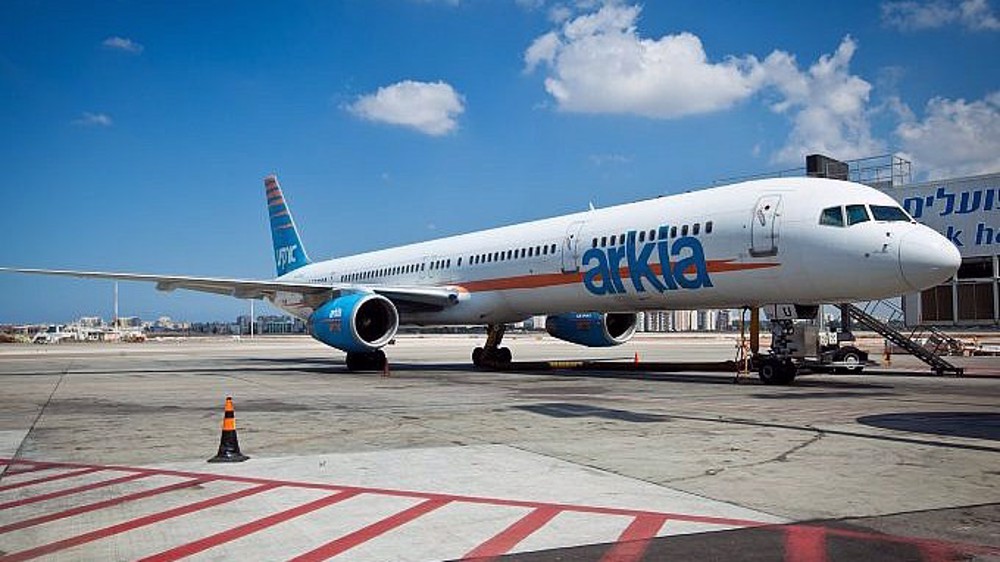
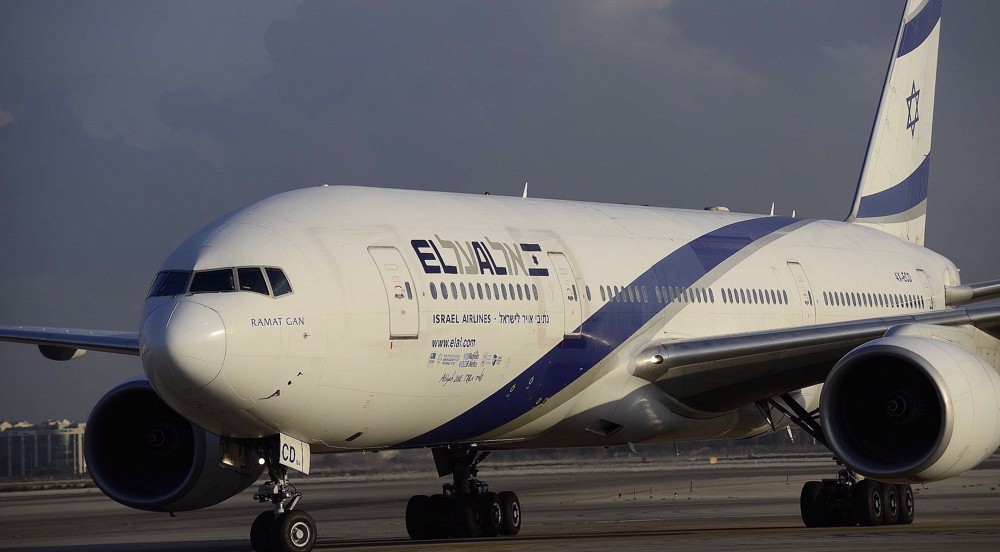







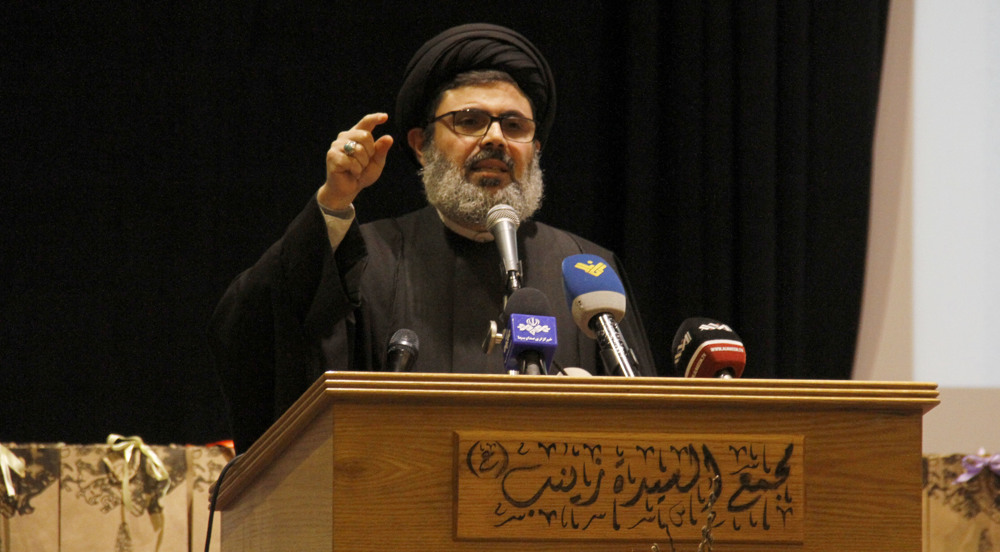
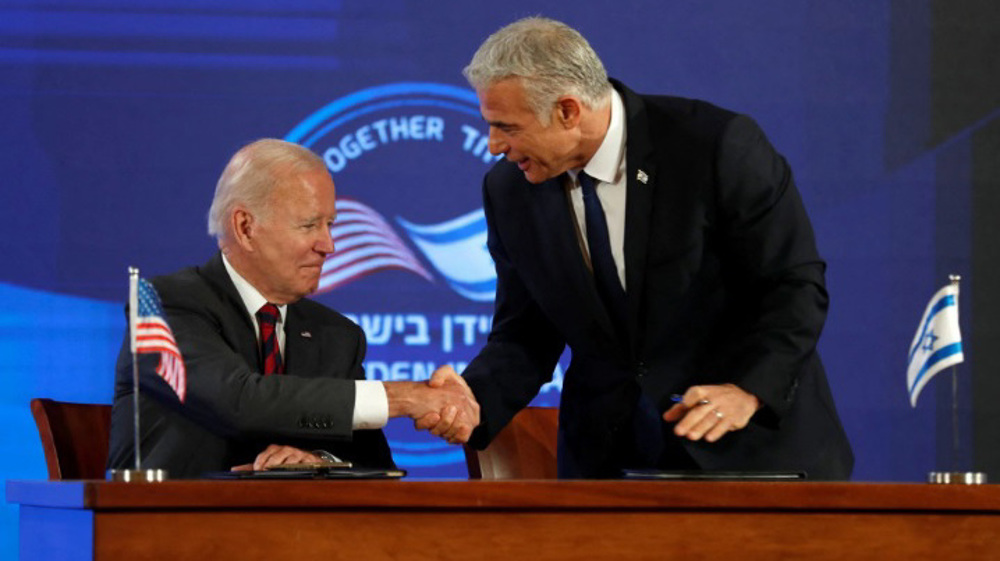
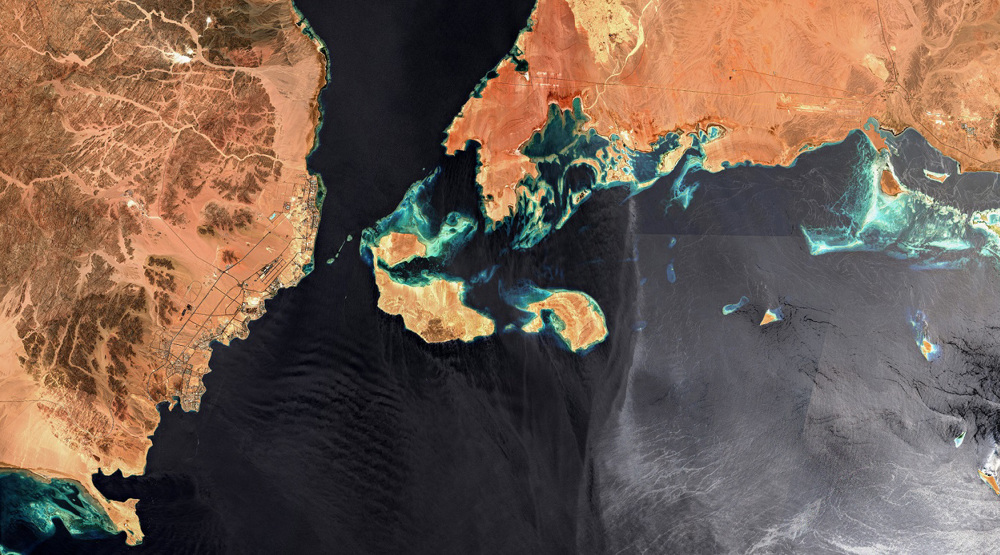
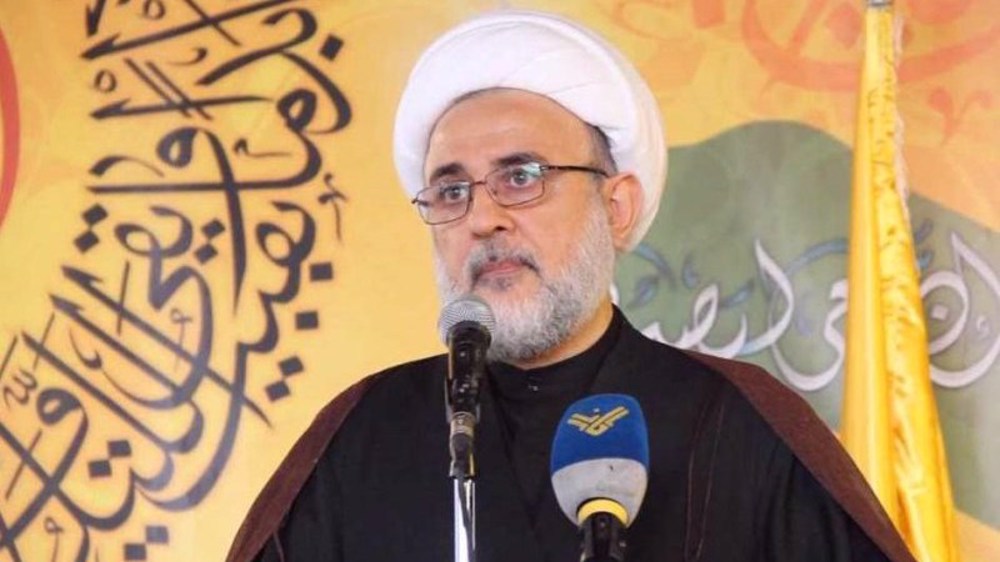
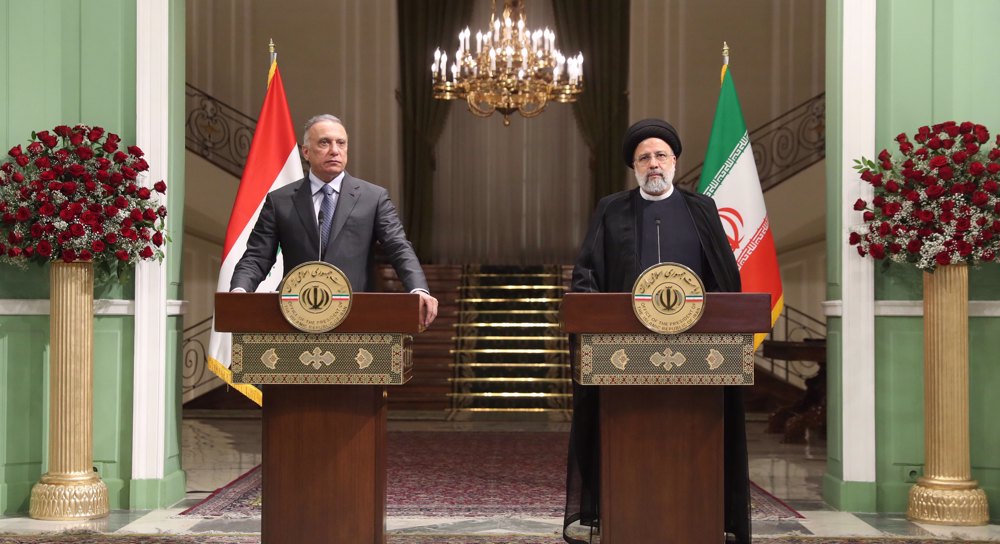

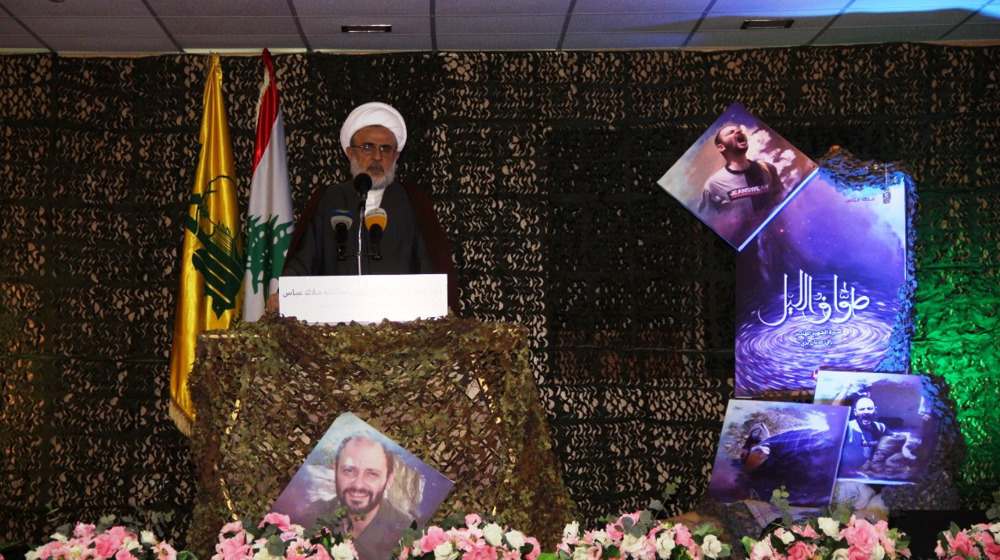

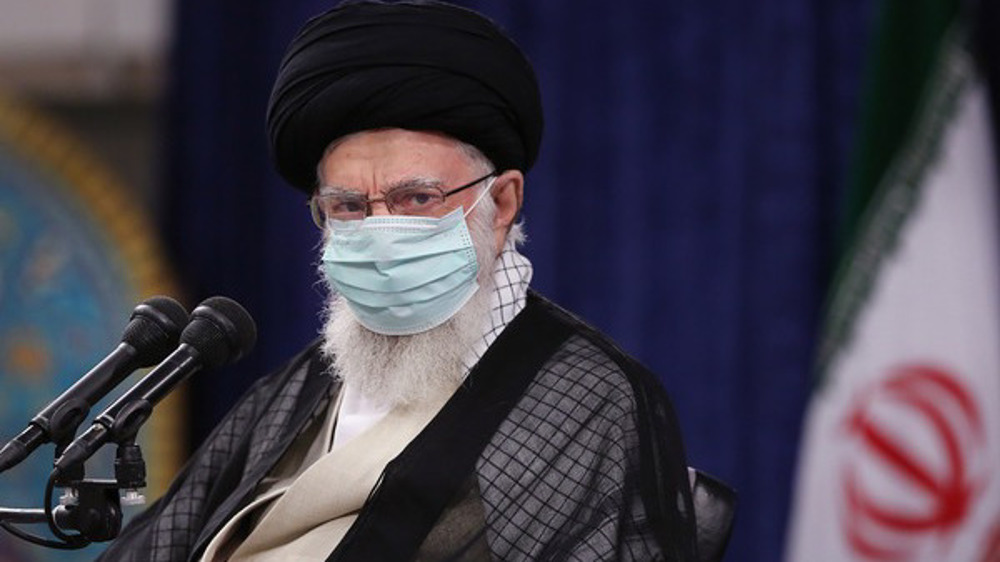

 This makes it easy to access the Press TV website
This makes it easy to access the Press TV website